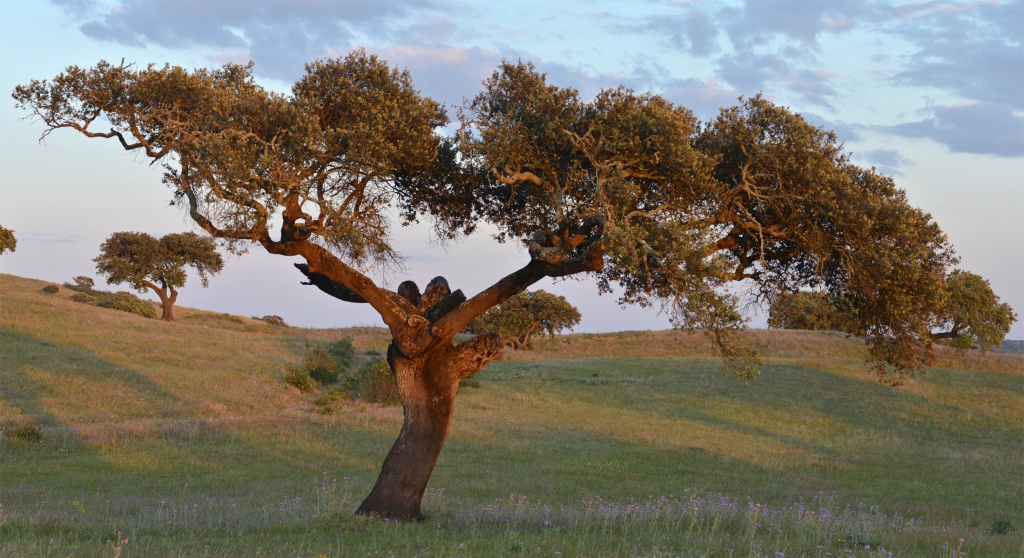Summary:
The recent expansion of the semiarid climate to all the region of Alentejo and the growing impact of climate change demand a local adaptation. The growth of the native forest represents a strategy at the ecosystem level since it increases resilience and the ecosystem services through the increment of: the organic matter of the soil, carbon and nitrogen, biodiversity, water infiltration, etc; and decreases susceptibility to desertification. For that reason, big areas have been getting reforestated in the Alentejo with the native species holm oak and cork oak but with a low rate of success. The goal of AdaptForChange is to decrease the cost-benefit of reforestations through an innovative approach: - Developing a model that points which areas: i) may be easily and cheaply regenerated; ii) must be subject to assisted reforestation, with the support of different methods; iii) must be occupied by alternative activities because of the difficulty in reforestation. By adequating the efforts and energy to each place through the knowledge of its ecology we can decrease substantially the cost-benefit, improving the rates of long term survival. - Based on the objectives of all the stakeholders, such as to assure the fulfillment of national (ENAAC) and international (Conventions on Biodiversity, Climate Change and Desertification) policies, the accomplishment of the goals of the land owners, the capacitation of local authorities in the best practices of reforestation.
The involvement of stakeholders will generate the sensibility and technical capability to assure the continuity of the project’s actions, including the actions of demonstration of soil and water conservation.- With the top science of semiarid ecology – developed by the team –, as well as the knowledge acquired in the past with successive reforestations, whose description, including the rate of success, will be collected for the first time in a geographic database. Based on the knowledge of the neighbors, the best practices observed in the historical semiarid will be transferred to the current semiarid, where in the future we will see the greater impacts of climate change. - Finally, giving to the public all the results of the project in useful formats, namely through workshops to stakeholders, the publishing of a book with best practices and a site and model developed for smartphone app.
Funding Institution:
EAA Grants - Programa AdaPT Sectorial
Partners:
eChanges: Pedro Pinho, Melanie Kobel-Batista, Alice Nunes, Paula Matos, Diogo Godinho, Cristina Soares, Adriana Príncipe.
CCIAM: André Vizinho, Patrícia Santos, Gil Penha-Lopes, Filipe Duarte Santos, Maria João Cruz, Ana Huertas (master student).

